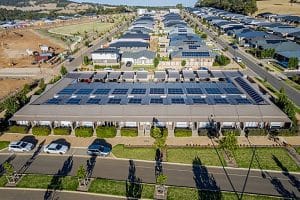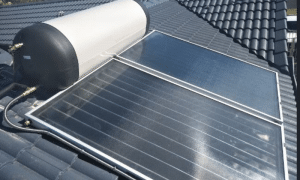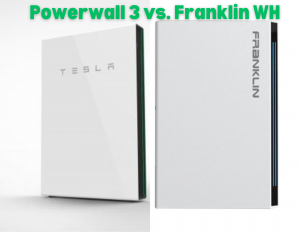US solar industry shares are soaring following the decision to make built in solar energy systems mandatory in new Californian homes. Compulsory solar power is now the rule in the Golden State.
The California Energy Commission approved the new building regulations in a bid to cut energy use in new homes by more than 50 per cent.
According to Bloomberg, the move confirms that solar rooftop PV is no longer a niche market. It has become a mainstream energy source with benefits for everyone.

The change to the 2019 Building Energy Efficiency Standards is part of Governor Gerry Brown’s plan to slash carbon emissions by 40 per cent by 2030. This is equivalent to taking 115,000 fossil fuelled cars off the road.
The new measures will take effect from 1 January 2020. They also include requirements for energy storage batteries. This will shift household demand from peak to off peak, so reducing pressure on the grid.
Market responds to compulsory solar power systems ruling
Tesla’s senior associate of business development and policy Francesca Wahl backed the mandate at Wednesday’s meeting.
The company behind the ground-breaking big battery at Hornsdale Energy Reserve in South Australia is keen to see wider use of energy storage systems.
Batteries like the Tesla Powerwall are increasingly popular in Australia as home owners seek to store solar energy generated during the day for overnight use.
Tesla shares rose 1.4 per cent following the building code announcement. SunPower Corp climbed 3.7 percent while KB Home fell by 5.2 per cent. (KB Homes have been offering solar in their new homes for several years.)
The code applies to new single-family houses as well as multi-family units of three stories or less. Houses unable to access solar may be able to tap into community-run solar schemes.
Solar energy systems part of smart tech agenda
The new solar regulations target four main areas of energy efficiency.
- Smart residential solar panel systems
- Updated thermal envelope standards
- Residential and non-residential ventilation requirements
- Non-residential lighting requirements
Overall, new buildings should be more energy efficient and also contribute to a reliable grid.
They will therefore have lower operating costs, promote smart technologies and allow residents to enjoy healthy indoor air.
According to the Energy Commission, the measures could add around US $10,000 dollars to the cost of a new home. However, this would be offset by around US $19,000 dollars in anticipated energy and maintenance savings over 30 years.







































